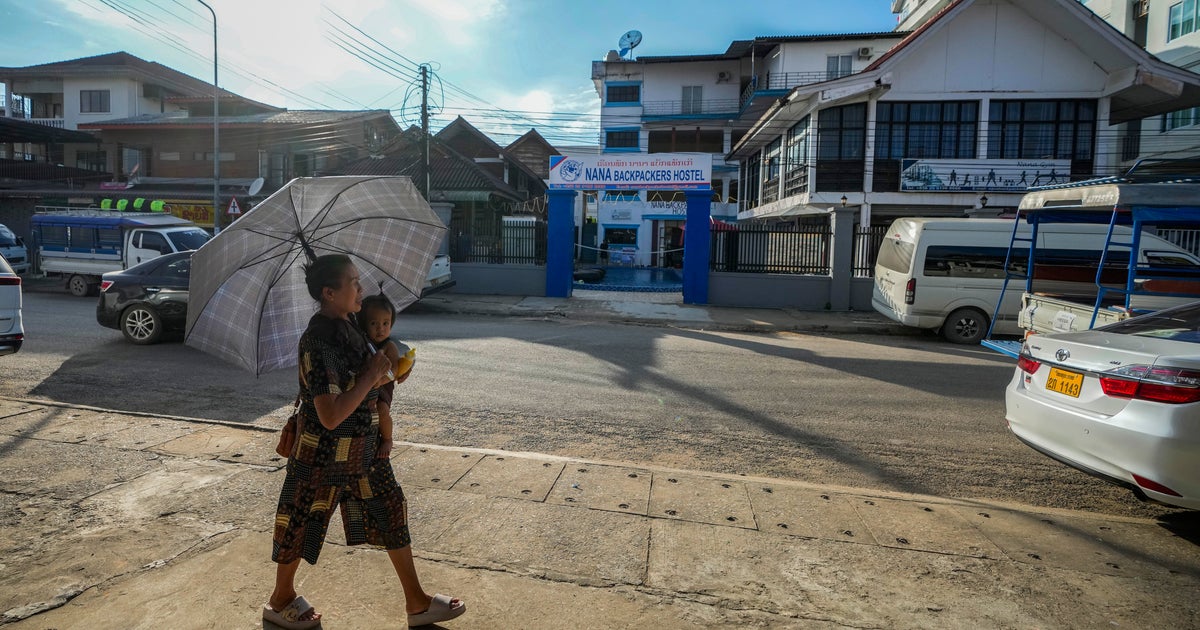Fighting rages in spite of Russia's "pauses" in Syria
DAMASCUS -- A monitoring group said Wednesday that forces loyal to Syrian President Bashar Assad had gained some ground in fierce fighting with rebels in the eastern Ghouta suburbs of Damascus, as Russia's daily "humanitarian pauses" for the area appeared to have little effect. The U.K.-based Syrian Observatory for Human Rights (SOHR) said Assad's forces had advanced in the Hawsh al-Dawahira area, on the edge of the rebels' territory in eastern Ghouta.
Both the government of Syria and the rebels claimed success in the renewed violence, saying scores of opposing forces had been killed. It was unclear how much ground, if any, had changed sides in the clashes.
As CBS News correspondent Seth Doane reports, the government bombardment of eastern Ghouta continues, and while militants there may be surrounded, they're hardly surrendering. They've regularly lobbed mortars into the government-controlled capital city just to the west.
In the eastern neighborhoods of Damascus, Doane says pictures of people who've died in the fighting are everywhere. Residents come up, eager to show a journalist from the West bits of shrapnel and mortars fired on their neighborhoods. Some residents approached Doane with a little girl, and said her father was killed in the fighting.
Signs of war are everywhere in Damascus, but they're dwarfed by the widespread destruction wrought by Assad's 11-day, Russian-backed bombardment of eastern Ghouta.
So far, the Russian plan to allow for daily five-hour humanitarian pauses in the hostilities has not worked. Russia puts the blame for that failure squarely at the feet of the rebels.
Major-General Yuri Yevtushenko, head of the Russian peace and reconciliation center in Syria, said Wednesday that militants had been shelling the capital city about every 30 minutes during the designated 9 a.m. - 2 p.m. "pause" window. He called on militant groups to observe the ceasefire and not to prevent people from escaping via established humanitarian corridors.
Russian presidential spokesman Dmitry Peskov, meanwhile, told media that Russia was, "doing its utmost to maintain" the humanitarian pause, but that "continuing provocations by terrorists regrettably leave no chance for settling this situation properly."
At a Damascus hospital, medical director Nihad Assaf told CBS News they've seen many injuries like the ones Fadi Khouli sustained in the mortar attack that killed his four year old son.
"I am a doctor, and I think it's very, very difficult to see any person, any person who suffers from injury or anything like that -- any person," Assaf said, from "either side."
One aid agency told CBS News the "humanitarian pauses" have not been effective in part because they're not long enough to allow aid convoys to unload the massive amount of supplies needed in the decimated neighborhoods of eastern Ghouta.




